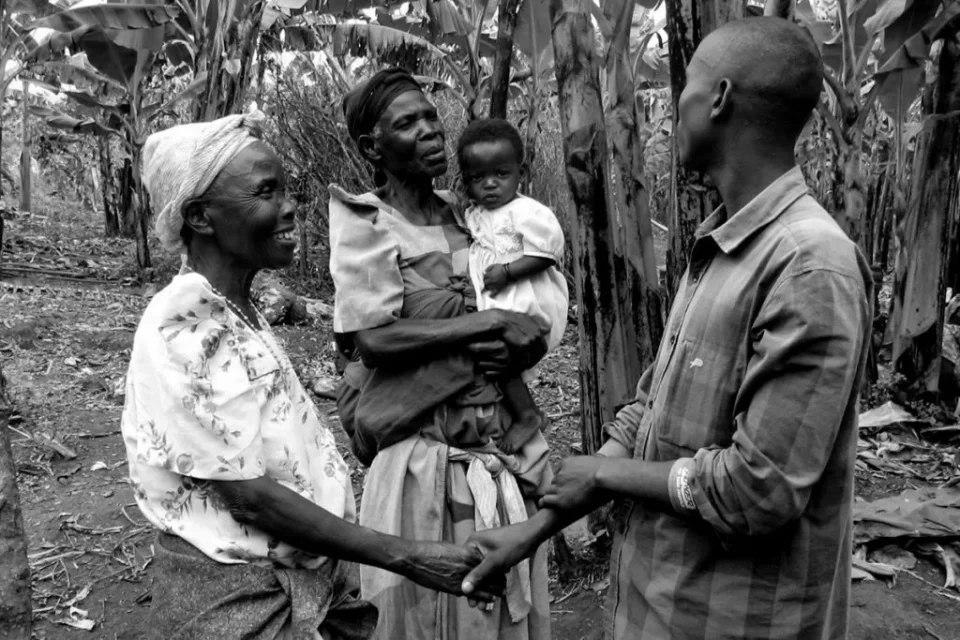In Uganda, a simple greeting is more than just a formality; it’s an essential part of social life that establishes respect and connection.
- Handshakes are Key: The most common form of greeting is a firm handshake. Unlike in many Western cultures where handshakes are brief, a Ugandan handshake often lasts longer and is accompanied by eye contact and a warm smile. When greeting an elder or a respected person, it’s polite to extend both hands or touch your right forearm with your left hand as a sign of respect.
- The Power of “How Are You?”: Never jump directly into a conversation or business matter. Always begin by asking, “How are you?” or a similar phrase. In Luganda, the most widely spoken local language, you’d say, “Oli otya?” and the correct response is “Gyendi” or “Ndi bulungi” (I’m fine). This simple exchange shows that you value the person you’re speaking to.
- Titles and Respect: Ugandans highly respect elders and authority figures. It’s polite to use formal titles like “Mr.,” “Mrs.,” or a professional title like “Doctor” or “Professor” when addressing someone.
- Gestures and Body Language: Pointing with a single finger is considered rude. Instead, use your entire hand to gesture. It’s also important to remember that public displays of affection, such as kissing or hugging, are not common and can be seen as inappropriate, especially in rural areas. However, it’s common to see same-sex friends holding hands as a sign of close friendship.
Dress Code and Modesty
Uganda is a generally conservative society, and the way you dress can significantly impact how you are perceived.
- Conservative is Best: While cities like Kampala are more relaxed, it is always best to dress modestly, especially in rural areas or when visiting religious sites. For women, this means wearing skirts or dresses that are at least knee-length and tops that cover the shoulders. Men should wear trousers or knee-length shorts.
- Religious Sites: When visiting a church or mosque, it is a sign of respect to dress conservatively. Women may be asked to cover their heads before entering a mosque, and everyone should remember to remove their shoes.
Dining Etiquette and Taboos
Sharing a meal is a central part of Ugandan hospitality, and knowing a few key rules can help you fit in.
- The Right Hand Rule: In many parts of Uganda, it’s customary to eat with your hands. Always use your right hand for eating, greeting, and exchanging money or items. The left hand is considered unclean. For left-handed travelers, this may require a conscious effort.
- Finishing Your Food: It’s a sign of appreciation to finish the food on your plate. It shows the host that you enjoyed the meal and that their effort was not wasted.
- Accepting Hospitality: If you’re offered food or a beverage, it’s polite to accept it, even if you just take a small portion. Refusing could be seen as rude.
Photography, Public Behavior, and Other Tips
- Ask for Permission: Always ask for permission before taking a photo of a person, especially in rural areas. Some people may not want their picture taken, while others might ask for a small payment. It’s also illegal to take photos of government buildings or military personnel.
- Politics and Religion: Be cautious when discussing politics or sensitive social issues, as these can be a source of discomfort. However, most Ugandans are happy to talk about their culture, family, and daily life.
- Be Patient with Time: Ugandans often have a relaxed approach to time, which is sometimes called “African time.” While punctuality is appreciated for formal events, a relaxed pace is common in social settings.

